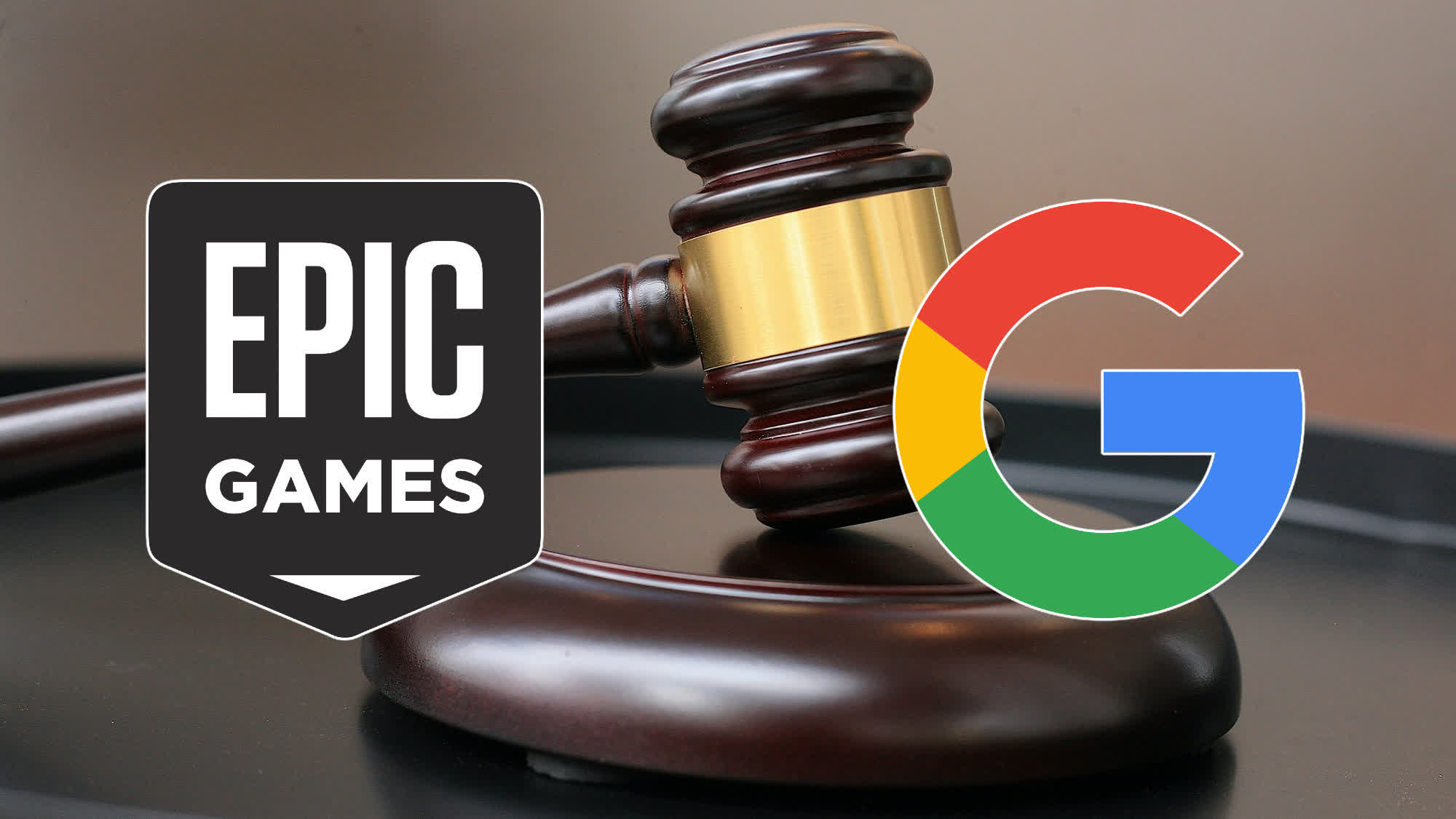What just happened? Epic Games CEO Tim Sweeney has sharply criticized Google for what he considers feeble attempts to comply with the requirements of the European Union's Digital Markets Act. This anti-monopoly law aims to prevent large tech companies from abusing their market power to the detriment of competitors and consumers.

Sweeney called Google's updated Play Store policies "malicious compliance" and accused the company of using "scare screens" and imposing "a new Google Tax on web transactions" to avoid opening up their ecosystem to third-party payment services. According to him, "No gatekeeper should be allowed to impose fees for services not provided. It's a transparent exercise in self-preferencing and monopoly rent extraction. Epic will fight on."
The strongly worded tweet comes a few weeks after Sweeney levied similar charges against Apple for its updated Apple Store policy in the EU, calling it an "illegal anti-competitive scheme." According to Sweeney, both Google and Apple are bending over backward to avoid complying with the new EU regulations in spirit by imposing a myriad of junk fees for services provided by third-party app stores and payment platforms.
Google announced its malicious compliance plans for the European DMA law: The scare screens continue, and it looks like their illegal anti-steering policy will be replaced by a new Google Tax on web transactions.https://t.co/cfmXeyWlco
– Tim Sweeney (@TimSweeneyEpic) March 5, 2024
It is worth noting that Epic Games has a long history of legal skirmishes with Apple and Google over their 30 percent cut on all app transactions through the App Store and the Play Store. Under Sweeney, the game developer sued both Google and Apple for not only charging high transaction fees but also preventing developers from accepting payments via alternative platforms.
While Epic won its case against Google last year, it lost against Apple on nine out of 10 counts. However, Judge Yvonne Gonzalez Rogers did note that Apple's so-called anti-steering policy, which prevents developers from accepting payments through third-party services, is illegal under the California Unfair Competition Law. While Epic appealed against the ruling, the Supreme Court in January 2024 rejected the appeal, ensuring a victory for Apple.
The Digital Markets Act (DMA) is a European regulation meant to protect user privacy and promote competition and transparency in the digital marketplace. Under the new legislation, the European Commission designated six large tech companies, including Alphabet, Amazon, Apple, ByteDance, Meta, and Microsoft, as "gatekeepers," legally requiring them to comply with specific requirements to prevent monopolistic practices that stifle competition and hurt consumers.
https://www.techspot.com/news/102153-epic-games-ceo-blasts-google-malicious-compliance-eu.html